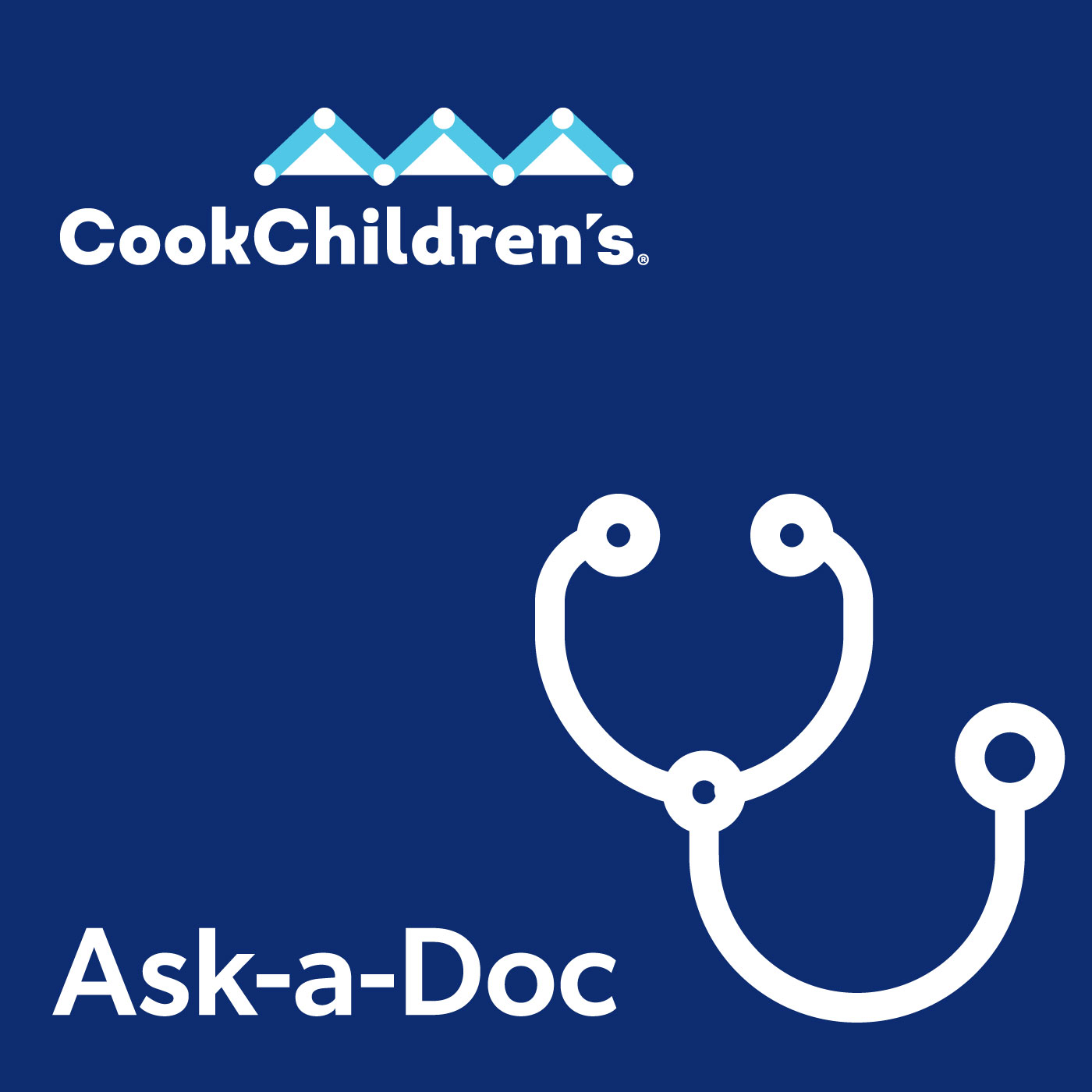Dr. Alice Phillips is here with some simple steps to help you prepare for childbirth and the arrival of your baby
So you're having a baby! It's such an exciting time, filled with high expectations. It can also be a time of high anxiety. As a mom and a pediatrician herself, Dr. Alice Phillips is here with some simple steps to help you prepare for childbirth and the arrival of your baby
Meet the speaker
Related information
Cook Children's Pediatrics Cityview
A pediatrician's guide on preparing for your baby's arrival
Pregnant with twins? A mom's perspective
Virtual lactation consultation
Transcript
My name is Dr. Alice Phillips, I am a pediatrician at Cook Children's. I have had the pleasure of working for Cook for 25 years now. So, you're expecting your first baby, maybe not your first. And now you want to know what to do.
So step one is, I want to encourage you to be as prepared as you can. I always think that's kind of a funny thing to say. How are you completely prepared for a newborn? There's no way to be completely prepared. But there are definitely some steps that you can take that will make that transition from being pregnant to having a newborn much easier. First, and most important is I think you need to find your pediatrician. It's surprising to me always, how many families don't do this. How they don't do research and figure out who is a good match for their family. So ask your friends, ask your family, who do they trust? Search online to the Cook Children's website for physicians in your region, and then call those offices. Many of the pediatricians will do prenatal consultations where you can actually come into the office, meet the physician, ask them any questions that you have, and get a feel for the layout to see if it's a good match.
Second, it's who can you protect that's going to be in that child's world? Since newborns can't have many of the vaccines that are so important to protect them, you want to have them in a wrapping of protection. That means everyone who's going to be around that infant has had a flu shot, if it's flu season. Everyone who's going to be caring for that baby is protected from whooping cough with an up-to-date Tdap. And that includes dads too. I find that you dads sometimes are a little bit reluctant on that shot thing. So we need moms, dads, grandparents, friends, caretakers, everyone to be protected so that that baby is protected.
Then you want to pack your bag. I remember when I was a mom packing my bag and thinking I needed all of these things, fancy clothes, stuff for the photos, and realizing when I got there, really all I needed to do was take care of the baby. So pack what you think is important. But remember, you're not going to use most of that stuff.
Now the baby's been born, what's going to happen when you're at the hospital. One thing that's important when you're choosing your pediatrician is to ask them do they make rounds at the hospital. Some do many don't. With the birth of the hospitalist service in American medicine, many pediatricians choose to focus their time on their families in the clinic. But if your doctor does come to the hospital, it's a very important time that they can have that first contact with you. And they'll check your baby daily while you're there. So what's going to happen, there's a whole lot of stuff. But what's important for you to know is none of this happens without your consent. And so you need to know what you're going to be signing before you get there. So the baby will be born, they're going to dry, the baby baby will not get a bath anymore until they're about 24 hours of age, so that you can bond with them and they don't get overly cooled. The baby's going to have a hearing test done to rule out any type of congenital hearing loss. They're going to have a test done of their heart, it's just a simple oxygen test, it doesn't hurt them a bit. They put a little tape around their finger, they measure their oxygen level. And it's a good clue to us if there's any kind of underlying heart disease that we can't hear. They're going to have a newborn screen at 24 hours of age. This checks them to make sure that they don't have one of a wide array of inherited medical diseases that if we know about them early, we can prevent a lot of serious consequences. Additionally, if you sign they're going to get that first vaccine, so important Hepatitis B, it not only protects them from Hepatitis B that they could have gotten, in rare cases from mom, but it also protects them from the rest, for the rest of their life from any type of transmission via blood, bodily fluids, anything of that nature. Then, daily, your pediatrician or the hospitalist will come by to check your baby. They'll make sure their exam is normal. They'll talk with you about everything they found. And if you're in one of the hospitals that has a lactation service, you're going to get a consult with a lactation consultant daily. These are so important so that you make sure that you feel very comfortable with your breastfeeding before you head home.

Dr. Justin Smith discusses how to manage your child and social media. Meet Dr. Justin Smith Visit Cook Children's Pediatrics Trophy Club Transcript: 0:00 ...

Worried about your toddler's appetite, or lack of one? Dr. Natalia Hanson explains why a toddler's appetite slows down and offers tips to help...

Is your child is having trouble hearing or complaining about an earache? If so, it may be caused by wax buildup in the ear. ...